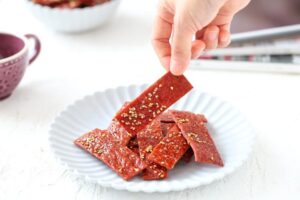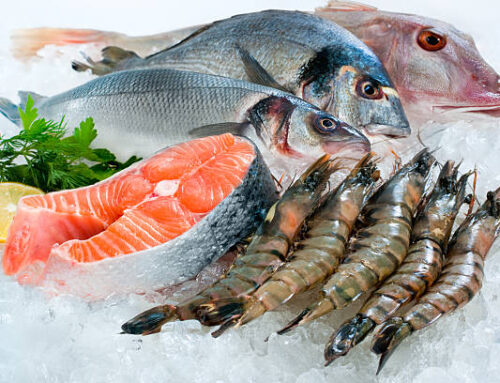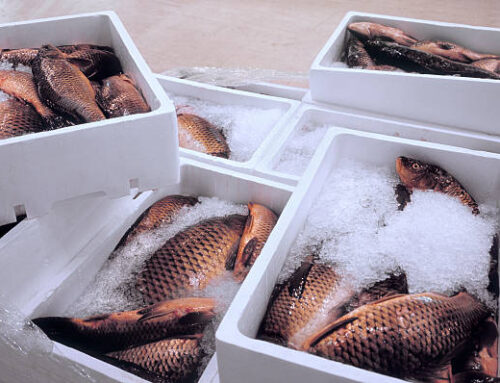STPP powder emerges as a paramount ingredient, particularly for dried meat dice and jerky. This blog dives deep into the attributes and functionalities of Sodium Tripolyphosphate (STPP) and how it revolutionizes the preparation and quality of dried meat products.
Introduction to STPP Powder
Sodium Tripolyphosphate (STPP) often labeled as E451 in food-related ventures, holds a notable place in the global food industry.
Molecular Profile: STPP Powder presents itself as a white, water-soluble salt. Its unique molecular configuration makes it indispensable in myriad culinary processes.
Primary Role in Food Processing: Beyond its broader applications, STPP Powder is an acclaimed sequestrant. It adeptly binds and sequesters minerals, chiefly calcium and magnesium, safeguarding foods from potential quality degradation.
Diving into the Role of STPP Powder in Dried Meat Dice and Jerky
 Texture and Palatability Enhancement: The drying mechanism can render meats arduous and somewhat insipid. STPP Powder intervenes as an efficient water-binder, preserving meat’s inherent chewiness and subsequently refining its tactile appeal.
Texture and Palatability Enhancement: The drying mechanism can render meats arduous and somewhat insipid. STPP Powder intervenes as an efficient water-binder, preserving meat’s inherent chewiness and subsequently refining its tactile appeal.
Color Retention: Dehydration, while essential, can inadvertently mar the meat’s color, making it less enticing. Thanks to STPP Powder, meats retain their inherent hue, amplifying their visual allure.
Extended Shelf-life: Dehydration undoubtedly elongates meat’s life span. Yet, STPP Powder pushes this envelope further, forestalling any potential spoilage and deterring bacterial proliferation.
Enhanced Flavor Profile: Slight moisture retention, facilitated by STPP Powder, guarantees that dried meat remains a tasteful delight, not merely a chewy entity. This dual focus accentuates not only the meat’s texture but its savory richness as well.
Improved Uniformity: A remarkable quality of STPP Powder is its capacity to ensure even seasoning and spice distribution, culminating in uniform flavor and texture in each jerky slice.
The Contradictory
Q: Why adding STPP Powder while dried meat require dehydration?
A: The process of making dried meat dice and jerks often involves dehydration, but sodium tripolyphosphate has a water-retaining function, seemingly contradictory. In fact, the water-retention function of sodium tripolyphosphate in jerky production is to maintain a certain degree of moisture during the dehydration process to achieve better taste and texture, rather than to completely maintain the moisture of the meat.
The role of sodium tripolyphosphate in making jerky is to control the rate of water loss, making the dehydration process more uniform and controllable. This ensures that the jerky retains a certain amount of moisture after dehydration, preventing the meat from becoming overly dry and chewy. However, the ultimate goal is still to remove most of the moisture to extend the shelf life of the jerky, rather than keeping it completely moist.
Therefore, the application of sodium tripolyphosphate in dried meat dice and jerky production aims to balance the relationship between dehydration and taste to prepare jerky products with better taste and more tender texture.
Overall, the use of STPP Powder in Dried Meat Dice and Jerky isn’t a mere industry whim but a well-researched, beneficial addition. It ensures the dried meats we love are not just long-lasting but also flavorful, tender, and safe to consume.




